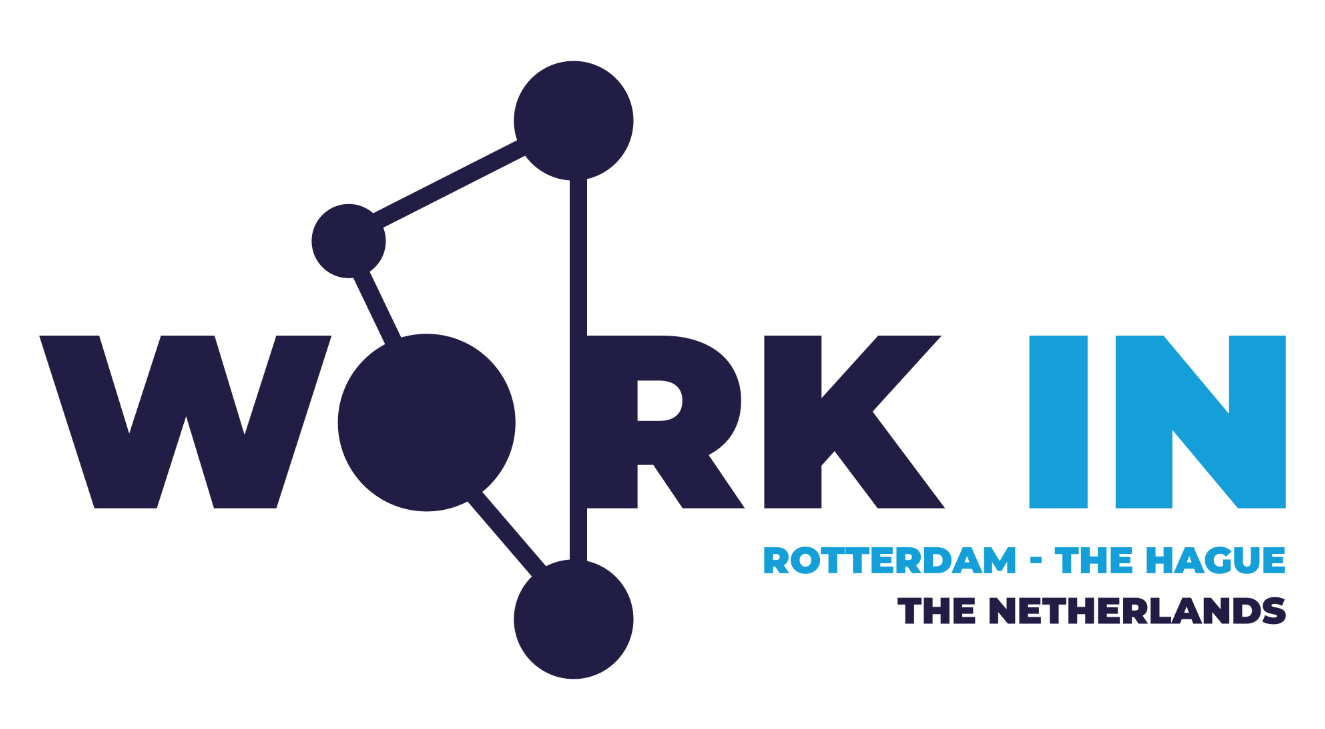Senior Industrialisation Engineer

European Space Agency
This is a fixed-term position with an initial duration of 4 years. Depending upon performance and organisational needs, the contract may be extended up to a possible maximum duration of 8 years. The appointment for this position will begin no earlier than 1 January 2026.
Location
ESTEC, Noordwijk, Netherlands
Description
Senior Industrialisation Engineer in the Future Engineering Division, Systems Department, Directorate of Technology, Engineering and Quality.
The European space sector is undergoing a profound transformation, driven by the urgent need for serial production, resilient supply chains and advanced design for manufacturing capabilities. These elements are no longer optional – they are the cornerstones of our future success. ESA is evolving from a traditional prototype-driven mindset to one that embraces scalable, modular and intelligent production ecosystems.
We TEC you to the Future.
The Centre of Competence empowers ESA and European industry to industrialise smarter, faster and together – ensuring competitiveness, sovereignty and sustainability in the global space economy.
The opportunity: a legacy-defining role
As Senior Industrialisation Engineer, you will play a pivotal role in shaping the future of ESA and European industry. This is a unique opportunity to lead a fundamental transformation, guiding the sector from traditional prototype-driven methodologies toward a scalable, intelligent and sustainable production ecosystem. You will be at the forefront of establishing a new era of space design and MAIT (manufacturing, assembly, integration and testing), directly contributing to the competitiveness and strategic independence of ESA Member States.
You will lead the newly established Centre of Competence for Manufacturing, steering a team of industrialisation engineers and driving a comprehensive ESA-wide industrialisation strategy across all directorates and programmes. This is not merely a coordination role – your goal will be to forge a new path, set new standards, and create an industrial ecosystem that empowers European innovation on a global stage.
Duties
Under the direct authority of the Head of the Future Engineering Division, you, as Senior Industrialisation Engineer, will be responsible for the following:
- Serving as the architect of the future: define and implement ESA-wide industrialisation strategy across all directorates and programmes, setting the vision for the next generation of space manufacturing.
- Driving pace production: support serial production of spacecraft, ground support equipment and launchers, enabling rapid and cost-effective access to space.
- Pioneering advanced automation: enable industrialised assembly, integration and test (AIT) through automation, robotics and AI, pushing the boundaries of what is possible in space manufacturing.
- Building infrastructure for innovation: develop shared infrastructure and propose facility blueprints for scalable production, creating the foundation for a thriving space industry.
- Define new standards: shape and define new ECSS-I standards. Foster standardisation via the new ECSS-I branch and promote modular, interoperable architectures, leading the charge for industry-wide best practices.
- Certifying industrial excellence: assess and certify industrial readiness, including manufacturing readiness levels (MRLs) and digital maturity, ensuring that European companies meet the highest standards of quality and efficiency.
- Championing sustainability: promote sustainability in close alignment with the TEC-SFS Sustainability Engineering Section and the Clean Space Office, including zero-debris compliance and circular manufacturing.
.
Your tasks and responsibilities will include the following:
- Leading the Centre of Competence for Manufacturing and Serial Production, acting as the main point of contact for industrialisation and serial production matters.
- Acting as the entry gate for industry on questions of industrialisation and serialisation.
- Setting up the ESA industrialisation strategy, roadmap, priorities and associated technology development needs.
- Coordinating with ESA programmes and directorates to support industrialisation activities.
- Liaising with core competences within the Agency, in particular standardisation, modelling and simulation, artificial intelligence and industrial policy.
- Scouting the best suited production practices, methodologies, hardware/software implementation, etc.
- Coordinating with ESA programmes, directorates and external initiatives to align and support industrialisation.
- Facilitating collaboration between European (space) manufacturers, production experts and ESA technical experts (e.g. materials, components, quality, etc.) to optimise supply chains, improve manufacturing efficiency and reduce costs.
- Driving the adoption of advanced production techniques, automation and quality control to enable efficient, high-quality and cost-effective series production for space and ground systems.
- Developing and implementing specialised training, digital maturity assessments and best practice benchmarks to enhance industrialisation competencies within the space sector.
- Establishing facilities such as a model factory and testbed to demonstrate and validate advanced manufacturing technologies.
- Developing digital frameworks, such as product passports to support traceability and circularity, as well as supply chain resilience.
- Contributing to the Agency’s industrialisation strategy and policy, including the evolution of relevant standards (e.g. ECSS-I).
- Building strategic relationships with industry, Member States and agencies to foster a unified, innovative and robust industrial ecosystem.
- Supporting the creation of new industrial capabilities for the development of space products and applications.
- Coordinating (ESA) goals for scaling up production, including demand forecasting, budgeting and potential acquisitions or facility expansions.
- Representing industrialisation expertise in design studies, trade-offs and technology transfer programmes, promoting modular and scalable approaches.
- Mapping ESA’s current industrialisation activities (GSTP, ARTES, NAVISP, etc.)
- Launching pilot activities and thematic working groups.
- Establishing a digital twin of ESA’s industrial ecosystem.
- Exploring a flagship industrialisation and AI-driven production line for launchers and constellations.
- Supporting the Agency’s tendering processes in assessing industry’s ability to deliver equipment, in particular for a large number of systems/equipment.
Technical competencies
Behavioural competencies
Result Orientation
Operational Efficiency
Fostering Cooperation
Relationship Management
Continuous Improvement
Forward Thinking
For more information, please refer to ESA Core Behavioural Competencies guidebook
Education
A master's degree in a relevant domain is required for this post.
Additional requirements
- At least 10 years of experience in industrialisation within the automotive, aerospace or other highly industrialised sectors
- Strong leadership and coordination skills
- Ability to facilitate collaboration between different stakeholders
- Excellent communication and organisational skills
- Experience with machine vision and advanced testing frameworks
- Familiarity with digital manufacturing tools
Diversity, Equity and Inclusiveness
ESA is an equal opportunity employer, committed to achieving diversity within the workforce and creating an inclusive working environment. We therefore welcome applications from all qualified candidates irrespective of gender, sexual orientation, ethnicity, beliefs, age, disability or other characteristics. Applications from women are encouraged.
At the Agency we value diversity, and we welcome people with disabilities. Whenever possible, we seek to accommodate individuals with disabilities by providing the necessary support at the workplace. The Human Resources Department can also provide assistance during the recruitment process. If you would like to discuss this further, please contact us via email at contact.human.resources@esa.int.
Important Information and Disclaimer
In principle, recruitment will be within the advertised grade band (A2-A4). However, if the selected candidate has less than four years of relevant professional experience following the completion of the master’s degree, the position may be filled at A1 level.
Applicants must be eligible to access information, technology, and hardware which is subject to European or US export control and sanctions regulations & eligible to acquire the security clearance by their national security administrations.
During the recruitment process, the Agency may request applicants to undergo selection tests. Additionally, successful candidates will need to undergo basic screening before appointment, which will be conducted by an external background screening service, in compliance with the European Space Agency's security procedures.
Note that ESA is in the process of transitioning to a Matrix setup, which could lead to organisational changes affecting this position.
The information published on ESA’s careers website regarding working conditions is correct at the time of publication. It is not intended to be exhaustive and may not address all questions you would have.
Nationality and Languages
Please note that applications are only considered from nationals of one of the following States: Austria, Belgium, Czechia, Denmark, Estonia, Finland, France, Germany, Greece, Hungary, Ireland, Italy, Luxembourg, the Netherlands, Norway, Poland, Portugal, Romania, Slovenia, Spain, Sweden, Switzerland, the United Kingdom and Canada, Latvia, Lithuania and Slovakia.
According to the ESA Convention, the recruitment of staff must take into account an adequate distribution of posts among nationals of the ESA Member States*. When short-listing for an interview, priority will first be given to internal candidates and secondly to external candidates from under-represented Member States*.
The working languages of the Agency are English and French. A good knowledge of one of these is required. Knowledge of another Member State language would be an asset.
*Member States, Associate Members or Cooperating States.

